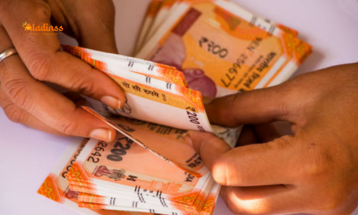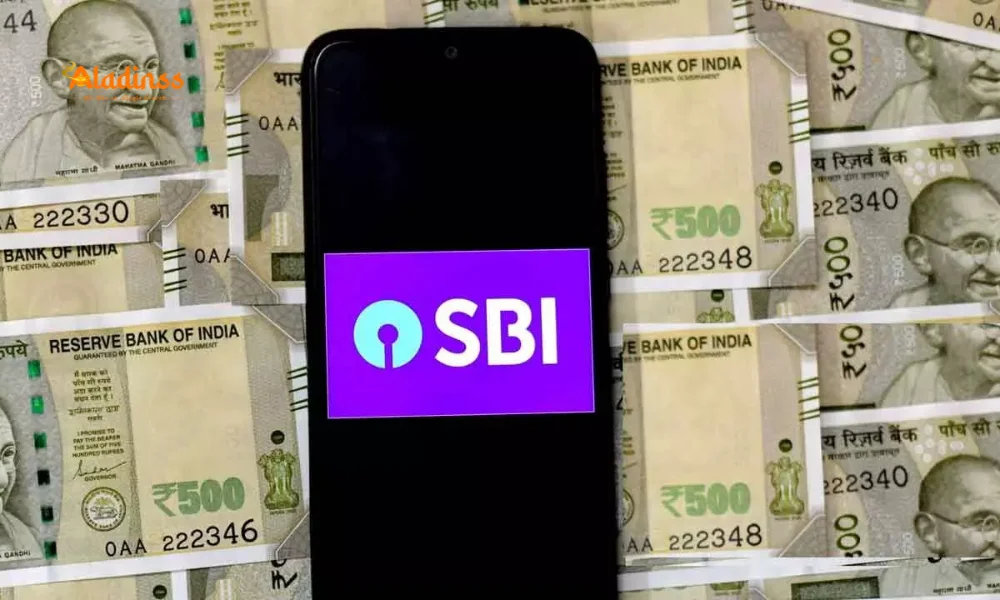7 Cash Rules That Can Attract 100% Penalty

From Rs 2 Lakh Cash Cap to Rs 5K Donation Limit: 7 Cash Rules That Can Attract 100% Penalty

The Income Tax Department has tightened rules around cash transactions to curb black money and improve transparency. Several provisions in the Income Tax Act impose strict restrictions — and steep penalties — for non-compliance. Below is a clear, practical guide to the seven most important cash rules every individual and business must know, the penalties they carry, real-world examples, and tips to stay compliant.
1. Section 269ST — Cash Receipt Limit (Rs 2 lakh)
Under Section 269ST, a person cannot accept cash of Rs 2,00,000 or more:
- From one person in a single day;
- For a single transaction; or
- For a single occasion or event.
Penalty: 100% of the amount received (Section 271DA). Example: Receiving Rs 2,50,000 in cash for a wedding banquet from one guest on one occasion can attract a penalty of Rs 2,50,000.
2. Section 269SS — Cash Loans, Deposits or Advances (Rs 20,000)
Cash loans, deposits, or advances of Rs 20,000 or more are prohibited under Section 269SS. Even small personal loans paid in cash that cross Rs 20,000 violate the rule.
Penalty: Equal to the amount accepted (Section 271D). Example: An informal cash loan of Rs 25,000 from a relative during an emergency may be treated as non-compliant and attract a Rs 25,000 penalty.
3. Section 269T — Cash Repayment of Loans (Rs 20,000)
Repaying a loan, deposit or advance in cash of Rs 20,000 or more is restricted by Section 269T. This applies regardless of whether the payee is an NBFC, bank, business or individual.
Penalty: Equal to the amount repaid (Section 271E). Example: Paying back Rs 30,000 in cash to a friend or lender would attract a penalty of Rs 30,000.
4. Section 40A(3) — Cash Expenses Not Allowed (Business Deductions)
Businesses cannot claim tax deductions for cash payments exceeding Rs 10,000 per person per day (except transporters where limit is Rs 35,000). This affects business expense claims and raises taxable income if cash rules are violated.
Impact: The expense is disallowed for tax computation for the amount exceeding the limit, increasing tax liability for the business.
5. Section 80G — Cash Donation Limit for Deduction (Rs 2,000)
Donations in cash above Rs 2,000 are not eligible for deduction under Section 80G. To claim 80G benefits, donations must be made via bank channels like cheque, demand draft, UPI, or electronic transfer.
Tip: Ensure donations above Rs 2,000 go through traceable modes to claim tax benefits.
6. Section 80D — Health Insurance Premium & Cash Limits
Health insurance premium payments in cash are not eligible for deduction under Section 80D. However, an exception allows up to Rs 5,000 in cash for preventive health check-ups.
Practical note: Pay insurance premiums through banking channels to ensure deductions; keep receipts for preventive check-ups if paid in cash (up to Rs 5,000).
7. Section 194N — TDS on Cash Withdrawals From Banks
Banks are required to deduct TDS on large cash withdrawals under Section 194N:
- If annual withdrawals exceed Rs 1 crore → 2% TDS.
- If no ITR filed for 3 preceding years and withdrawal exceeds Rs 20 lakh → 5% TDS.
Why it matters: This discourages large cash hoarding and incentivizes digital transactions; missing ITR filings can lead to higher withholding on routine withdrawals.
Common Traps and Real-Life Scenarios
• Accepting cash above Rs 2 lakh at events (weddings, shows) without splitting receipts or using banking channels.
• Informal cash loans among friends or business partners above Rs 20,000.
• Paying multiple suppliers in cash to avoid invoicing and exceeding daily limits per person.
• Making cash donations to claim 80G — donations above Rs 2,000 via cash will not give tax benefits.
How to Stay Compliant — Practical Tips
- Prefer bank transfers, UPI, cheques or digital payments for transactions above small thresholds.
- If you must receive large amounts, issue invoices and request payment by banking channels; split receipts across persons/dates only if genuine and documented.
- Avoid accepting or giving cash loans above Rs 20,000; document any necessary advances through bank transfers and written agreements.
- Pay insurance premiums and donations via traceable methods to claim deductions.
- File ITRs timely — missing filings can increase TDS on withdrawals and invite scrutiny.
- Maintain books and receipts; good documentation helps if the tax department queries a cash transaction.
Penalty Overview and Way Forward
Penalties for cash rule violations are harsh — often equal to the transacted amount or 100% of the amount received. These are designed to deter large cash dealings and push India toward a transparent, digital economy. For businesses and high-value individuals, adopting digital-first processes and robust accounting practices is now essential.
If you’re unsure about a specific transaction, consult a chartered accountant or tax advisor. Small changes in the way you receive and make payments can save you from steep penalties and improve compliance confidence.
Stay digital, document everything, and consult a tax professional when in doubt — the cost of ignoring these cash rules can be steep.
Comment / Reply From
No comments yet. Be the first to comment!







